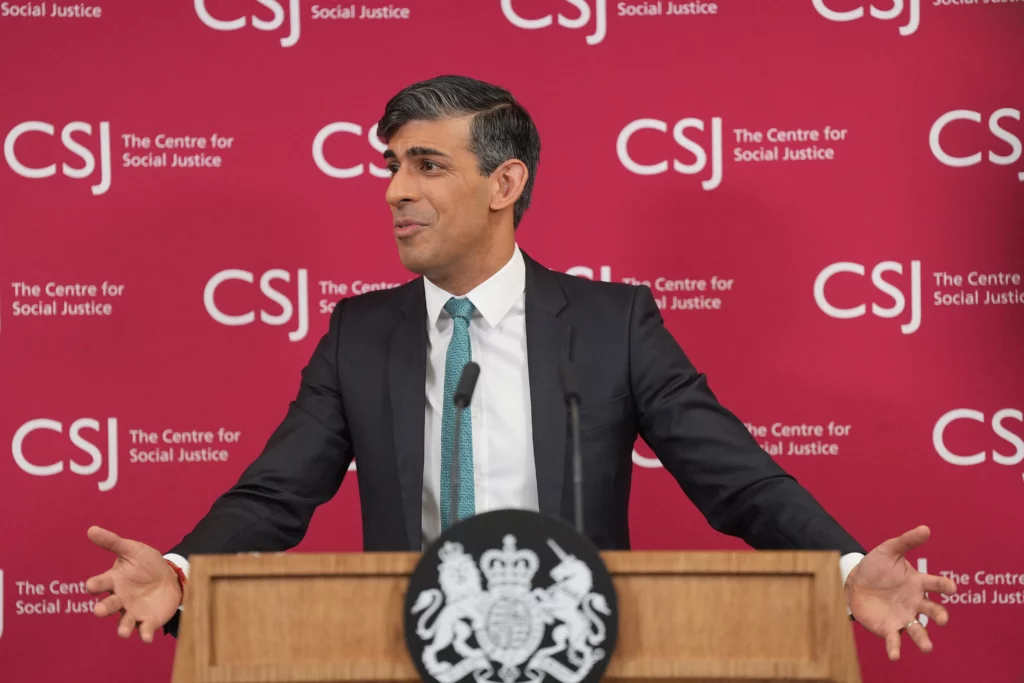British Prime Minister Rishi Sunak will consider tightening the restrictions for long-term sick leave to stem the growth in the number of Britons who have permanently left the Labour field.
Labour force participation among working-age Britons has fallen to its lowest level since 2015, owing to an increase in long-term illness and a bigger number of students, in contrast to other large, wealthy countries, which have seen participation rise since 2020.
Sunak, in extracts from a speech scheduled for later on Friday, expressed special concern about the growing number of people who are unable to work due to mental health issues.
“We need to be more ambitious about helping people back to work and more honest about the risk of over-medicalising the everyday challenges and worries of life,” he went on to say.
According to official data, 9.4 million Britons aged 16 to 64—22% of that age group—are neither working nor unemployed, up from 8.55 million just before the epidemic. Of these, 2.8 million are chronically unwell and 206,000 are momentarily ill.
Last year, Britain’s budget watchdog reported that a fifth of those absent from work due to long-term illness were awaiting medical treatment, albeit it added that reducing waiting lists to their 2015 level would only return 25,000 people to work.
Over half of the long-term sick reported experiencing ‘depression, terrible nerves, or worry’, however many indicated it was a secondary ailment to their primary health issue.
Sunak’s office claimed that medics were overly eager to give repeat notes approving extended sick leave rather than recommending how a person could return to work, opening the door for people to transition to long-term sickness benefits.
Sunak stated that he wants to try shifting the responsibility for assessment from family doctors to healthcare workers tasked with delivering “an objective assessment of someone’s ability to work and the tailored support they need to do so”.



